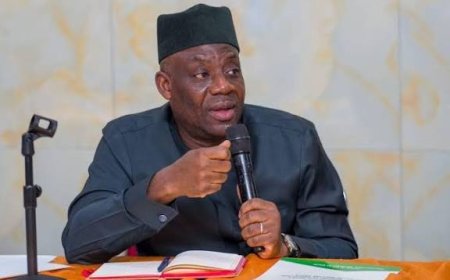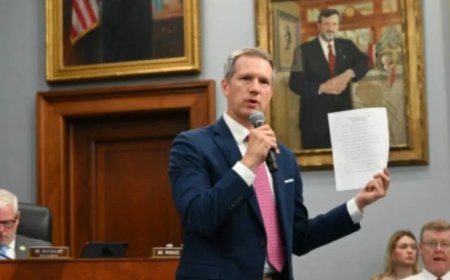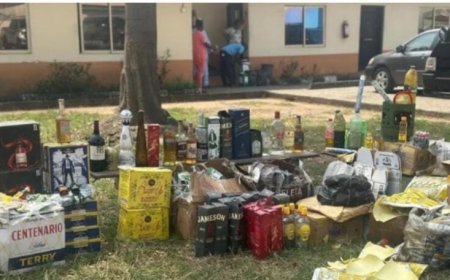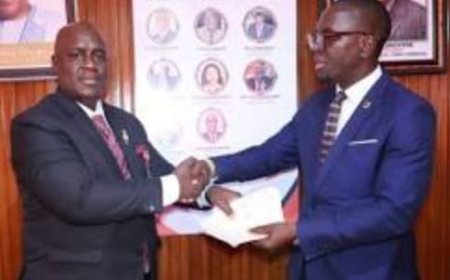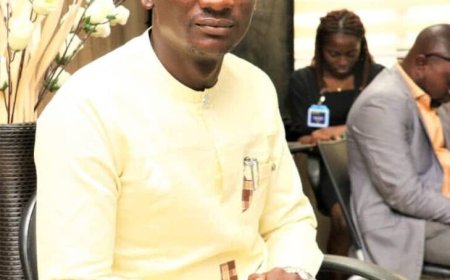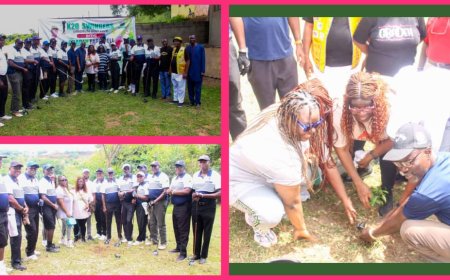UNICEF, Southwest Stakeholders Meet To Tackle Flooding, Cholera, Emergencies
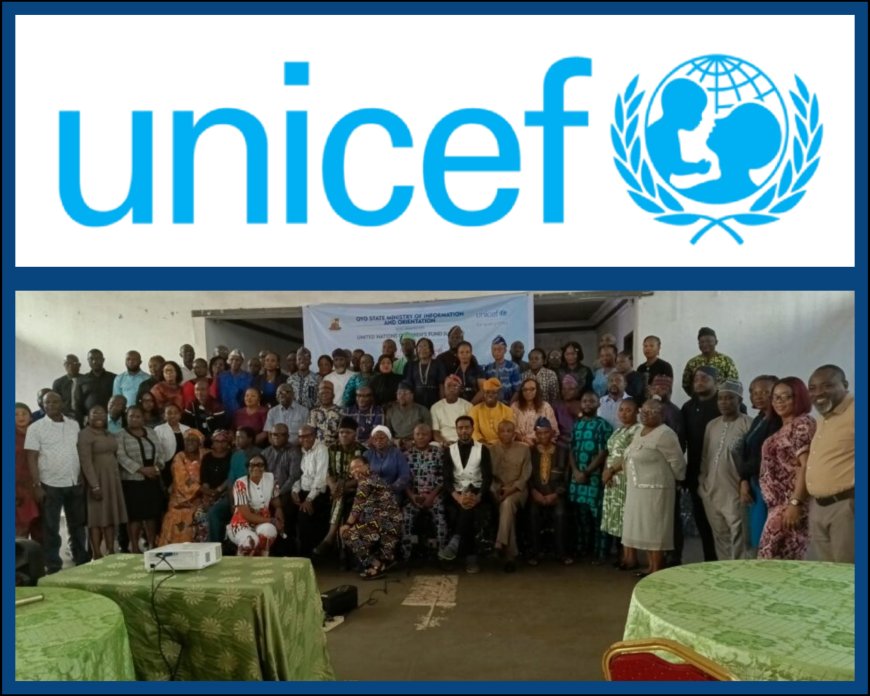
By: Olufemi Orunsola
The Oyo State Government, in partnership with the United Nations Children’s Fund (UNICEF), has brought together Stakeholders from the six states of the Southwest who on Tuesday, converged on Ijebu-Ode, Ogun State, for a three-day multi-sectoral emergency preparedness workshop aimed at addressing recurring disasters, including flooding and cholera outbreaks in the region.
OPEN TELEVISION NAIJA (OTN) News reports as gathered that the workshop brought together representatives from state governments, emergency agencies, and development partners to chart strategies for strengthening regional response to disasters.
During his presentation, UNICEF Emergency Specialist, Olayinka Afolabi blamed the recurrent flooding and cholera outbreaks in Lagos, Ogun, Oyo, and Osun states to poor sanitation practices and open defecation.
Citing the National Emergency Management Agency’s (NEMA) countrywide risk analysis, which showed that as of week 30 of 2025, 64 suspected cholera cases had been reported, though no deaths were recorded, he revealed that the figure represented a 74 per cent decline from week 29.
However, cumulatively, between week one and week 30, Nigeria recorded 4,708 suspected cases and 113 deaths, representing a 2.4 per cent case fatality rate across 199 local government areas in 35 states.
Afolabi noted that while emergencies were unavoidable, poor preparedness and weak institutional response systems had continued to worsen their impact on communities.
He highlighted four critical planning processes for emergency preparedness—Risk Analysis, Scenario Planning, Anticipated Response, and Preparedness—urging governments at all levels to strengthen institutions responsible for disaster management.
“If you spend two dollars on emergency preparedness, you save between 6,000 and 8,000 dollars when an emergency actually happens,” he warned.
Similarly, UNICEF’s Planning, Monitoring, and Reporting Specialist, Oluwasola Olanipekun, said the workshop was designed to improve coordination and response mechanisms among Southwest states, especially with women and children who remain the most vulnerable during crises.
Olanipekun tasked participants to activate emergency plans promptly whenever disasters occur, stressing the need for strict adherence to Standard Operating Procedures (SOPs) for managing emergencies.
In his words, "Emergencies, as we all know, do not give prior notice. They demand timely, coordinated, and multi-sectoral action. This workshop provides a unique platform to share knowledge, review strategies, and strengthen collaboration across the Southwest.”
He therefore urged participants to turn the outcomes of the workshop into practical, actionable measures capable of safeguarding lives and communities.
In all, stakeholders at the workshop raised a resolution that the onerous task of improving disaster preparedness, prioritising the welfare of vulnerable groups, and ensuring effective coordination among states remained central to reducing risks and mitigating the impact of future emergencies across the South Western part of the country.
What's Your Reaction?















